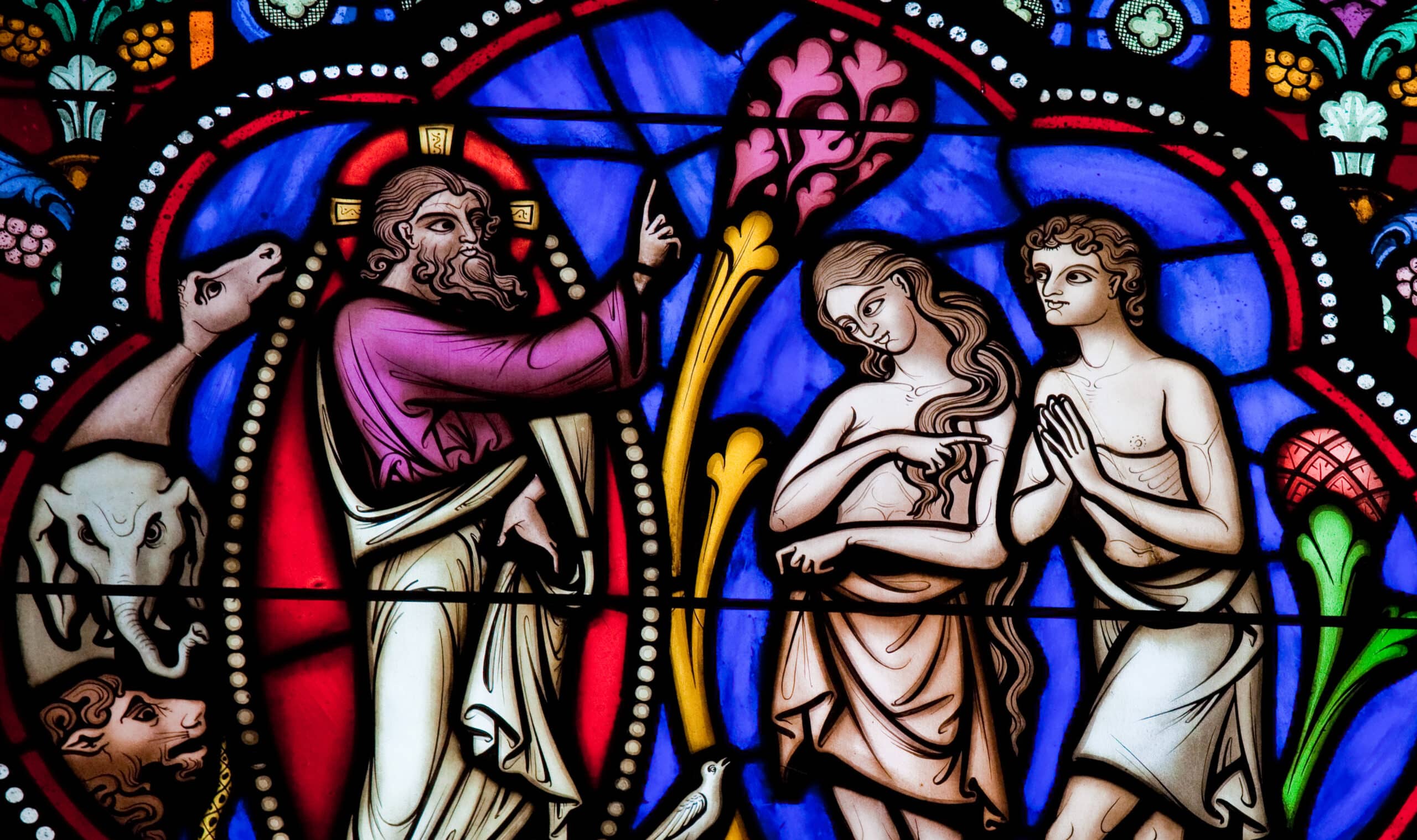
We must acknowledge that there is a wrong way to speak about sin. We can approach sin not as the common problem of humanity, even of leaders within the Church, but simply the problem of this man or this woman. Everyone else is a sinner, while I’m among the redeemed.
As we begin Lent, the Church invites every man and every woman to recognize the good news about sin. Sin is not caused by the individual faults and foibles of the weak but is instead a common condition of all of us who belong to the human family.
The fall as described by Genesis underlines the common nature of the fall from grace. Once upon a time, God created the world as a gift for men and women to delight in. We were created from God from the very dust of the earth, receiving the very breath of God.
| March 1, 2020 — First Sunday of Lent |
|---|
|
Gn 2:7-9, 3:1-7
Ps 51:3-4, 5-6, 12-13, 17
Rom 5:12-19
Mt 4:1-11
|
God loved man so much that he created him, allowing him to name the living creatures. God loved man so much that he created another human being from his side, initiating Adam and Eve into a world of self-giving love.
But such generosity proved difficult for our first parents. They believed the lie of the serpent. God is stingy, said the serpent. God wants to keep the gift of creation from you, keep you from becoming divine. Eve ate, Adam ate. Adam pronounces the act of rebellion that is still a kind of image of all sin: The woman you gave me is at fault!
God’s at fault, the woman is at fault, everyone is at fault except me.
The mystery of sin is that for some reason, despite how irrational this position is, men and women continue to engage in this same rebellion.
This is what the Church means by original sin. There is something wrong with every man, with every woman that doesn’t allow them to respond to God with gratitude. Men and women continue to enact a cycle of violence against God and one another. We lie and cheat, we rob and murder, we grasp and seize.
The only way out of this cycle of violence is Jesus Christ. Jesus enters the desert and is tempted by the devil, tempted to seize control rather than give everything over to God.
Turn this bread into stone and demonstrate your power.
Jump off the parapet of the temple and show yourself as the son of God.
Worship the devil, and you can take control of all the kingdoms. It’s just a moment, a little lie (you don’t even have to believe it).
Jesus will have nothing to do with this fallen and stingy logic. The good news about sin, which Jesus comes to demonstrate, is that every man, every woman, even the Word made flesh, must deal with it.
But Jesus also reveals that we don’t need to sin. It’s not the only option available to us.
Instead of asserting our power, fighting against the logic of love at the heart of creation, we could give up this irrational fight.
We could love unto the end.
Until we see the real danger of sin, its effects, we won’t see the healing that Jesus comes to offer us.
Maybe, we need to talk even more about sin.
Timothy P. O’Malley, Ph.D., is the director of education at the McGrath Institute for Church Life at the University of Notre Dame.





